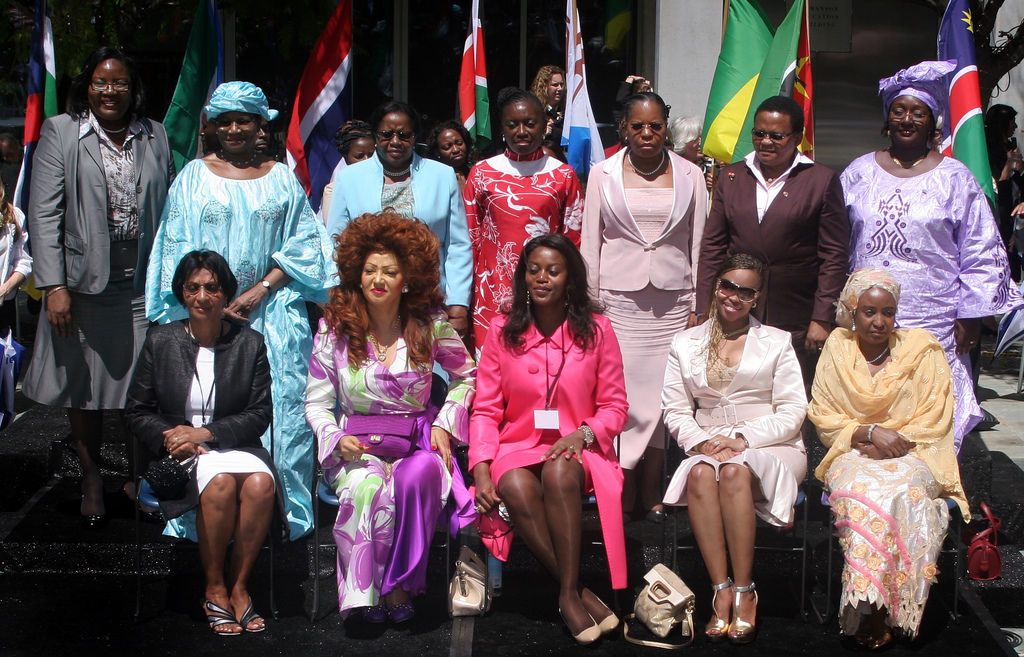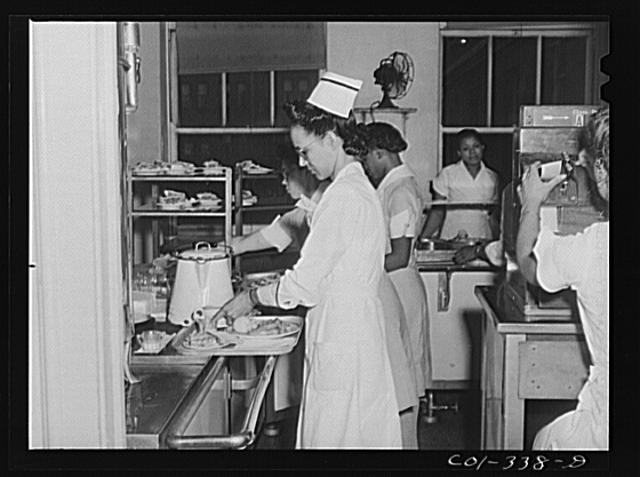 A coalition of African First Ladies, in collaboration with the United Nations Office for Partnerships and the African Union Commission to the United States, will hold a summit in Los Angeles, California, April 2-4 with American business leaders and foreign assistance agencies to improve health care for women and children in Africa.
A coalition of African First Ladies, in collaboration with the United Nations Office for Partnerships and the African Union Commission to the United States, will hold a summit in Los Angeles, California, April 2-4 with American business leaders and foreign assistance agencies to improve health care for women and children in Africa.
Nearly 20 First Ladies from African nations are planning to gather for the health summit, co-sponsored by the Los Angeles-based nonprofit US Doctors for Africa, with support from the Cameroon-based organization of African First Ladies, African Synergy, and the group of 54 nations comprising the African Union who are responsible for organizing the second in a series of African First Lady Health Summits dating back to 2009. The Los Angeles Intercontinental Hotel will be the summit headquarters for the event.
Ted Alemayhu, founder of US Doctors for Africa, praised the dedication of the African First Ladies to improve health care and infrastructure in support of Every Woman Every Child, an unprecedented global movement spearheaded by United Nations Secretary-General Ban Ki-moon, that aims to save the lives of 16 million women and children by 2015.
“I applaud your vision, fortitude, and tireless efforts to improve access to quality healthcare for women and children,” Alemayhu said. “We look forward to welcoming you, building stronger partnerships, and mobilizing more resources to reach your objectives.”
Forty-three African first ladies have been invited to the summit, and participation so far is anticipated by at least 15 nations: Angola, Cameroon, Congo-Brazzaville, Gabon, Ghana, Guinea, Mozambique, Namibia, Niger, Nigeria, Senegal, Sierra Leone, South Sudan, and Swaziland; including the First Lady of Haiti who is also expected to attend.
US Representative Karen Bass, of California’s 37th District, Ranking Member of the House Subcommittee on Africa, Global Health, Global Human Rights and International Organizations, will welcome the group to Los Angeles. Additionally, prominent women leaders will gather for a special breakfast entitled `Ladies First: Healthy Country, Healthy Citizens’ hosted by Marcia L. Dyson’s `Women’s Global Initiative’ and featuring actresses and advocates Tichina Arnold and Tatyana Ali on day two of the conference. The closing gala awards address will be given by Desiree Rogers, Chief Executive Officer of Johnson Publishing, a lifestyle company inspired by the African-American experience and the home of Ebony and Jet magazines, and Fashion Fair cosmetics.
Corporate sponsors include Unither Virology and Procter & Gamble. Nonprofit sponsors include Santa Monica-based emergency response group International Medical Corps and Jhpiego, a health organization affiliated with Johns Hopkins University.
The reigning Miss USA, Nana Meriwether, will also join the summit to use the influence of her title to raise awareness about health care in Africa. Having roots in South Africa, Meriwether co-founded The Meriwether Foundation, which supports four African nations with HIV/AIDS programs.
More details and information about the summit and registration can be found at www.africanfirstladiessummit.org. Follow us on Twitter @1stLadiesAfrica and `Like’ our Facebook Page First Ladies of Africa Health Summit for up-to-date information prior to the summit.
 In this episode KC, Chris, Tash, Leisha, Shelby, Nicole and E. Green (from the Hip Hop Digest Show) discuss men showing affection to one another, getting the opportunity to value their whole selves, understanding their nature and having a Christian upbringing.
In this episode KC, Chris, Tash, Leisha, Shelby, Nicole and E. Green (from the Hip Hop Digest Show) discuss men showing affection to one another, getting the opportunity to value their whole selves, understanding their nature and having a Christian upbringing.


















